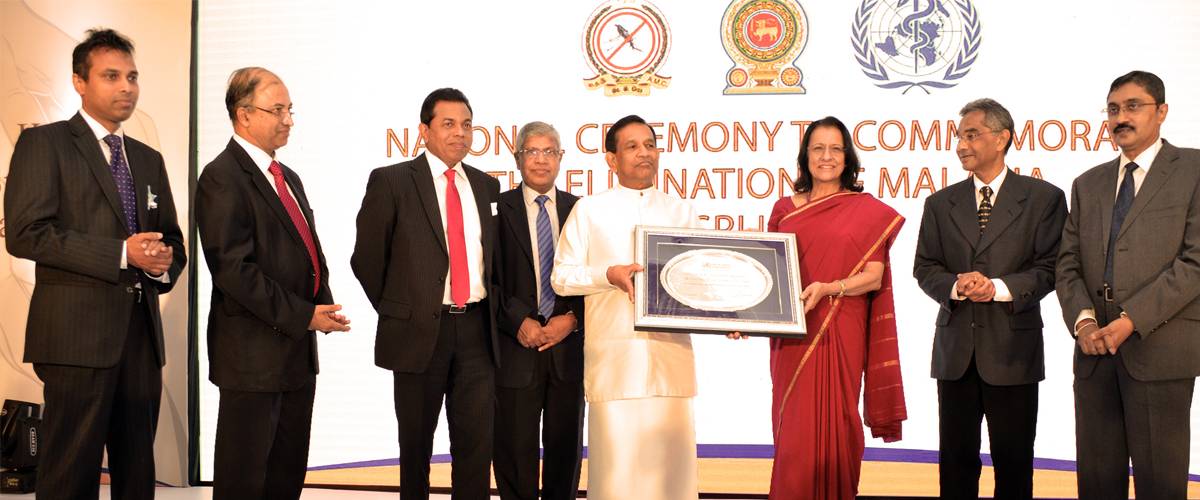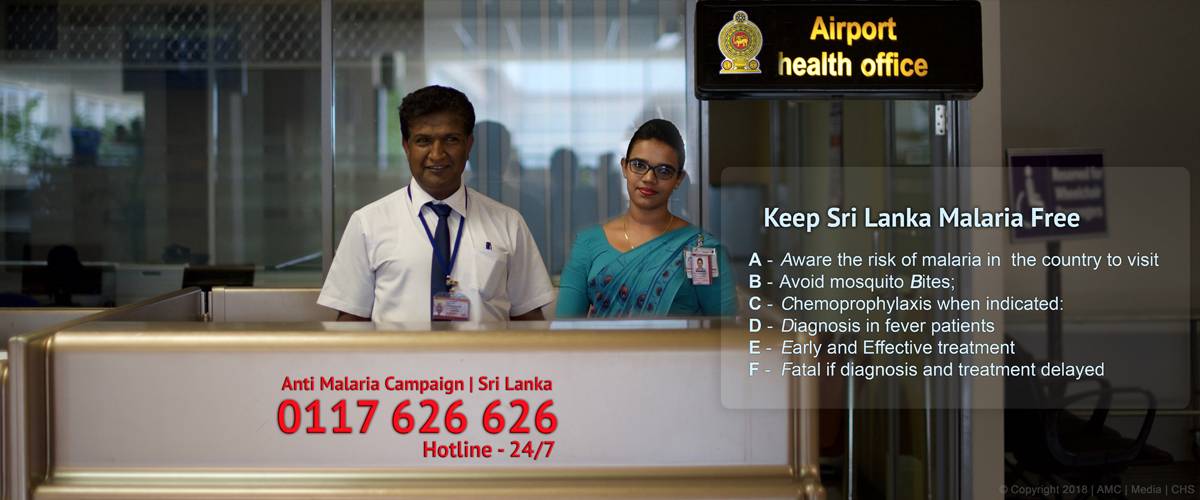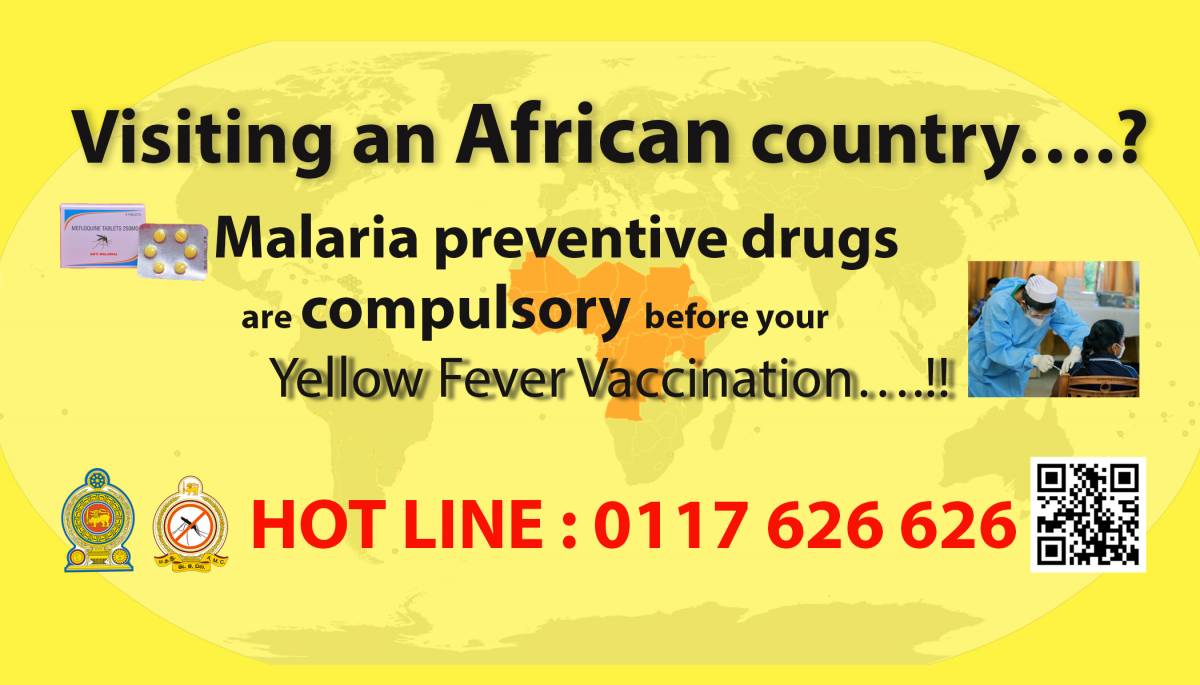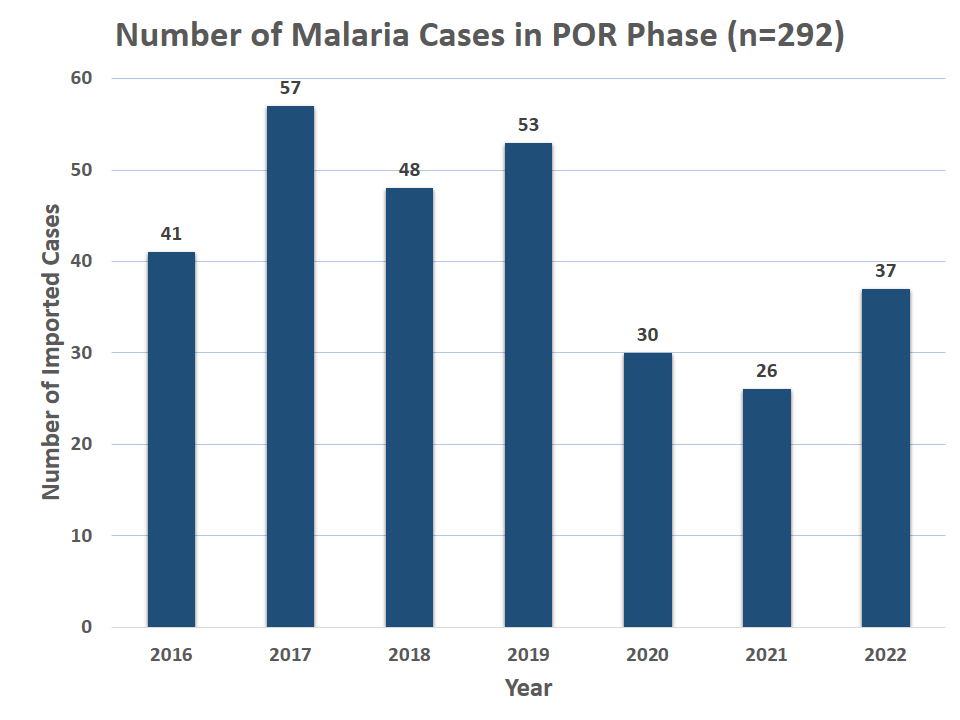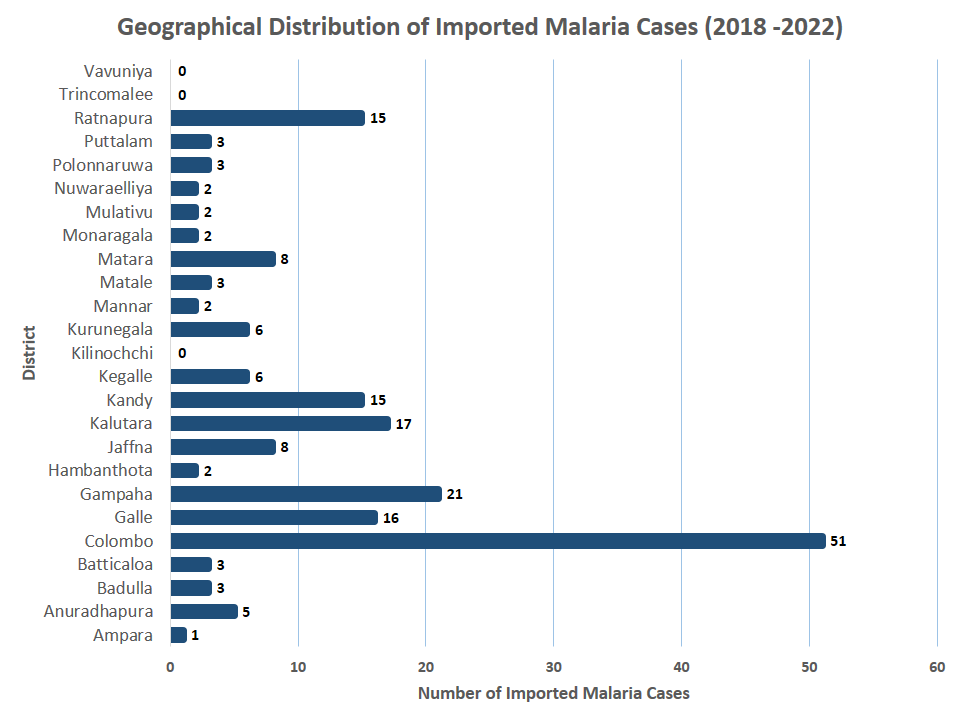Anti Malaria Campaign | Sri Lanka
Ministry of Health
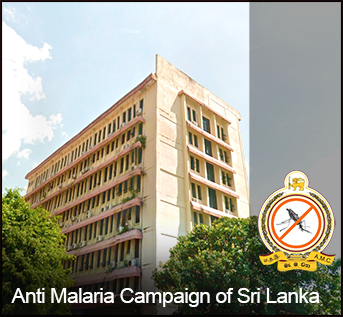
The need for an effective response to malaria was recognised prior to independence in 1948. Organized malaria control activities commenced in 1911 with the establishment of the Anti Malaria Campaign in Kurunegala when Sri Lanka was still a British colony. Subsequently, several more units of the Anti Malaria Campaign were established in other highly malarious regions of the country. A major achievement was the dramatic reduction in the country wide malaria incidence after the introduction of dichlorodiphenyltrichloroethane (DDT) in 1946. In 1958, the Government of the newly independent Ceylon launched a malaria eradication programme, in keeping with the WHO recommendations at that time.
Remarkable gains were achieved during the “Attack Phase” of the eradication programme, and near eradication status was reached in 1963 (with 17 reported cases of which 11 were imported cases). However, during the subsequent “Consolidation Phase” a major setback was experienced which culminated in a massive malaria epidemic in1967–1969. Several factors were thought to contribute to the failure; persistence of several undetected foci of malaria transmission, extensive intra-country population movements particularly related to gem mining, and complacency of many malaria control personnel rank high among these. It has also been reported that adequate financial support was not forthcoming from the government at the time when the incidence was extremely low. The programme continued on eradication principles for several years and subsequently re-oriented as a control programme which included many elements of the earlier eradication programme. Operationally, the AMC functioned as a vertical programme with a centralized structure until 1989. In 1989, the programme was transformed into a decentralized campaign implemented by 9 provincial health authorities under the technical guidance of the National Anti Malaria Campaign Directorate. The AMC Directorate is under the purview of the Line Ministry of Health whereas the Provincial Programmes are managed by the Provincial Health Authorities under the Provincial Councils. Regional Malaria Officers are the focal persons responsible for prevention of malaria re-introduction in the provinces and districts. They report administratively to the Provincial and Regional Directors of Health Services, but receive technical guidance from the Directorate of the AMC. In 2009, Sri Lanka embarked on a phased malaria pre-elimination programme after the end of the separatist war in the Northern and Eastern provinces of the country and, in 2011, launched the malaria elimination programme. The last case of indigenous malaria was reported in October 2012, well ahead of the targeted date of end 2014. The success of the elimination programme is largely due to the sustained action that was possible due to the existing structure of the AMC and the evidence based approach adopted.
Prevention of Re-establishment phase
Indigenous Cases : 0| Imported Cases : 29| Relapses : 0
Deaths (Imported) : 1| Transfusion Induced : 0
Last Updated Date : 19/09/2024
© Copyright 2018 Anti-Malaria Campaign - Sri Lanka


